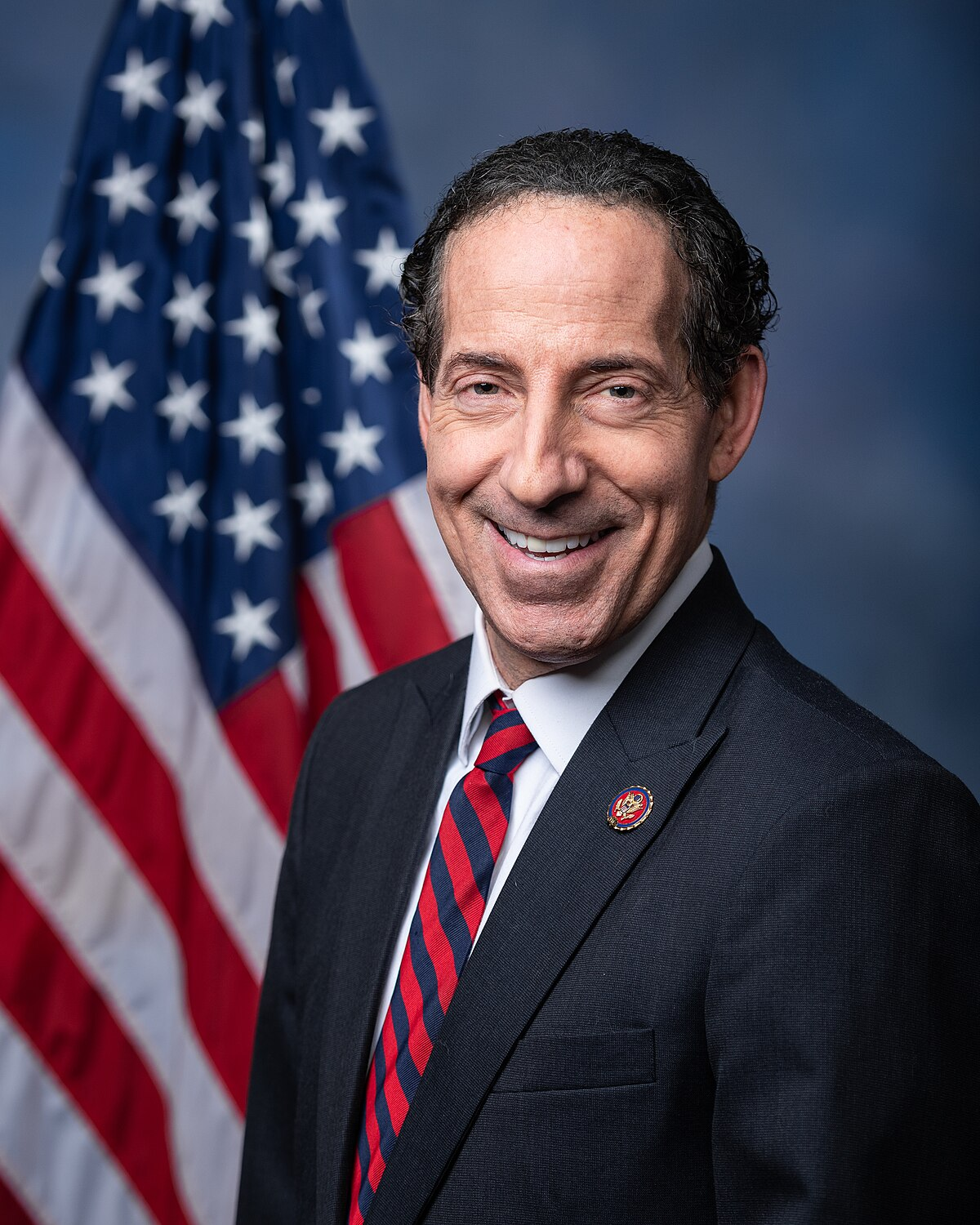Push for Transparency: Raskin and Beyer Urge DOE to Reveal Hydrogen Emissions Data
Key Ideas
- Reps. Raskin and Beyer emphasize the need for transparency regarding the climate effects of hydrogen production in Regional Clean Hydrogen Hubs to align with climate goals.
- They request the DOE's OCED to release lifecycle emissions data for each of the selected H2Hubs to ensure public understanding and support for decarbonization.
- The lawmakers highlight the importance of displaying full information to assess if the H2Hubs will contribute positively to climate efforts and public health, especially considering taxpayer investments.
- Previously successful in advocating for strong climate standards in the Clean Hydrogen Tax Credit, they aim to incentivize clean hydrogen production with a focus on renewable energy sources and operational efficiency.
In a recent advocacy initiative, Representatives Jamie Raskin and Don Beyer have urged the Department of Energy's Office of Clean Energy Demonstrations to enhance transparency regarding the climate impact of hydrogen hubs. The focus is on the Regional Clean Hydrogen Hubs Program, emphasizing the necessity of disclosing lifecycle emissions data for each hub to ensure alignment with climate objectives. By making this information public, the representatives aim to confirm that the hubs are actively supporting decarbonization efforts. The letter addressed to the DOE stresses the importance of releasing emissions data linked to hydrogen production, which is crucial for evaluating the environmental implications of the H2Hubs. The lawmakers underscore the potential risk of high emissions levels from hydrogen production negating the climate benefits of transitioning from fossil fuels. They contend that the lack of comprehensive data impedes a full understanding of the program's impact on climate goals and public well-being. This transparency push follows their successful advocacy for robust climate standards in the Clean Hydrogen Tax Credit, a federal incentive program promoting clean hydrogen production through renewable energy sources and operational efficiency. By advocating for transparency and stringent regulations, Raskin and Beyer aim to ensure that hydrogen initiatives align with sustainability targets and prioritize environmental and public health benefits.
Topics
Europe
Renewable Energy
Clean Energy
Climate Goals
Public Health
Tax Credits
Transparency
Government Advocacy
Federal Regulations
Latest News
